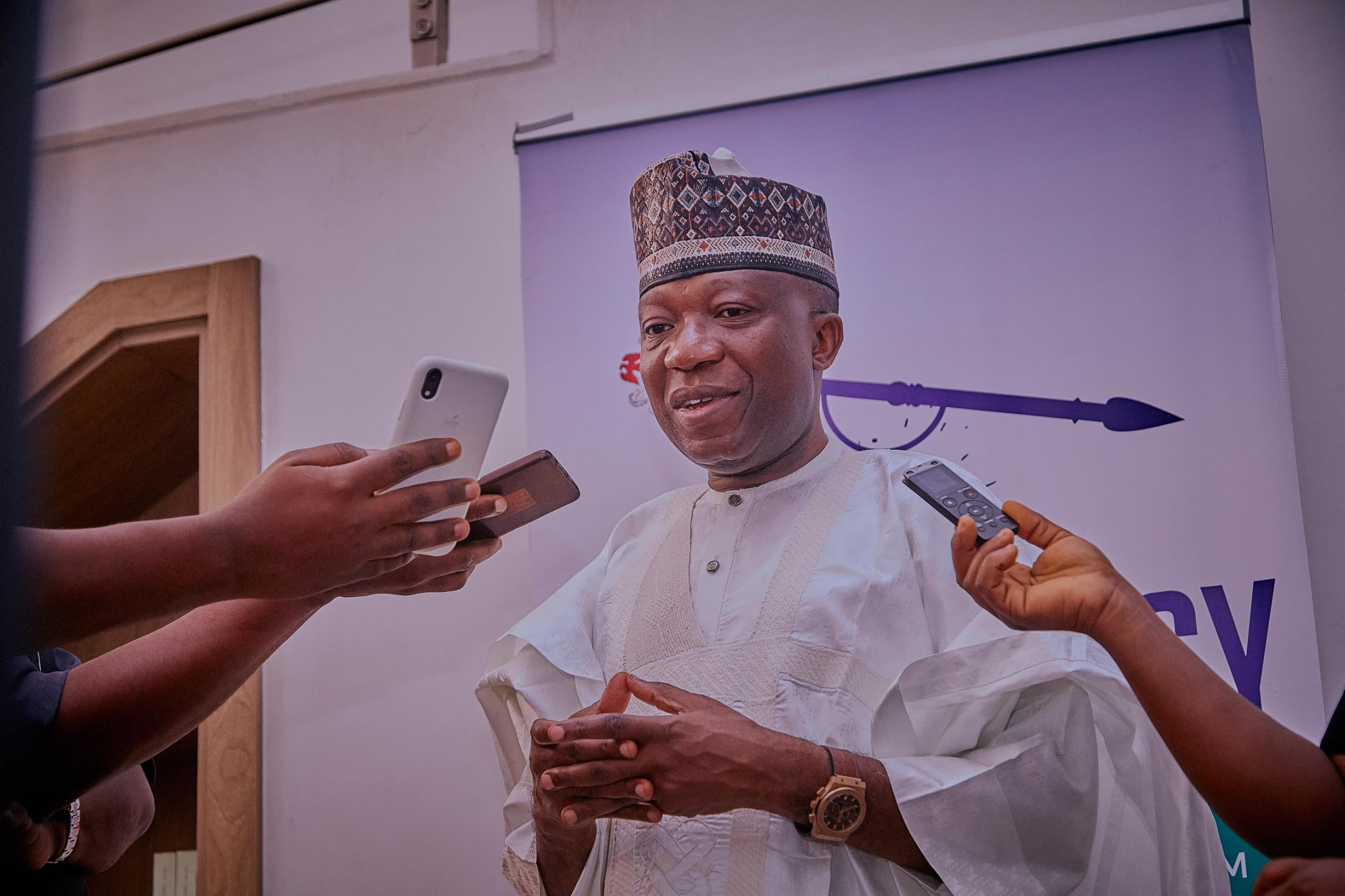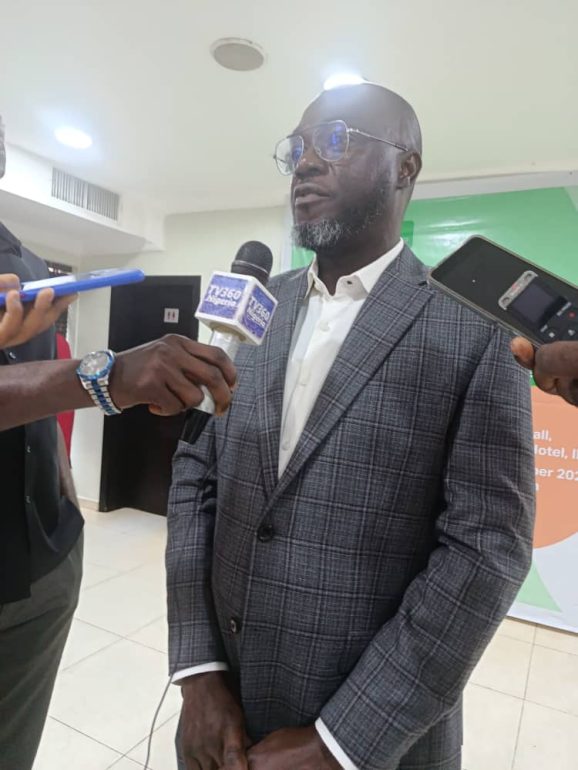Listeners:
Top listeners:
-
play_arrow
104.9FM Best rock music demo
-
play_arrow
Demo Radio Nr.1 For New Music And All The Hits!
-
play_arrow
Demo Radio Techno Top Music Radio
-
 play_arrow
play_arrow
Police Commissioner Launches Weapon and Riot Control Training for FCT Officers Democracy Radio

By: Julian Adetinuyo
In an exclusive interview with Democracy Radio, Professor Abubakar Sulaiman, Director-General of the National Institute for Legislative and Democratic Studies (NILDS), provided key insights into Nigeria’s democratic and legislative trajectory.
Professor Sulaiman outlined NILDS’ ongoing efforts to enhance legislative capacity and drive democratic reforms amid evolving socio-political challenges.
He also highlighted the institute’s role in equipping lawmakers with the resources needed for effective policymaking and called for greater public engagement in governance to solidify democratic structures across the nation.
Professor Sulaiman, reaffirmed NILDS’ commitment to advancing legislative excellence as a cornerstone of Nigeria’s democratic resilience.
Q: What prompted the establishment of Democracy Radio in Nigeria?
A: There was a perceived gap in the voices of Nigerians reaching their elected representatives. Citizens feel their views and opinions are underrepresented, even though they participate in elections. According to officials, many media outlets in Nigeria are privately owned, and there’s limited legislature-backed media to keep citizens informed about parliamentary activities.
Democracy Radio aims to bridge this gap by providing a platform for the public to engage with their senators and House members on legislative matters, including law-making, oversight, and representation.
Q: How does Democracy Radio plan to engage with citizens and legislators?
A: Democracy Radio is designed specifically to inform Nigerians about the activities of their elected representatives across the Senate, House of Representatives, and state assemblies. It will act as a medium that enhances citizen participation by educating the public on legislative processes, bridging the disconnection between representatives and constituents.
Q: What is your assessment of legislative independence in Nigeria at both state and federal levels?
A: Significant progress has been made in achieving autonomy, particularly at the federal level, where we see some independence in legislative operations. However, challenges remain, especially at the state level, where governors still influence key positions like the Speaker and assembly principal officers.
Despite progress, true legislative autonomy is yet to be fully realized due to executive influence in both appointment and decision-making processes.
Q: Do you believe a parliamentary system would better serve Nigeria’s governance needs?
A: Both presidential and parliamentary systems have merits, but the real issue in Nigeria lies not with the system itself but with our collective attitude toward governance. Effective governance requires political will and a shift in societal values. Until we address these cultural and ethical challenges, merely changing the system of government will not solve the deeper issues facing Nigerian democracy.
Q: What role does your institution play in building legislative capacity in Nigeria?
A: For over a decade, NILDS, has been focused on enhancing legislative skills through training programs, workshops, and ongoing education. We provide orientation, mid-term assessments, and technical guidance on lawmaking, oversight, and representation to legislators across the country. Our goal is to ensure a stable and well-informed parliament that serves the people responsibly.
Written by: Democracy Radio
#NASS Democracy Radio Democracy Radio 104.9 Governance system Prof Abubakar Sulaiman
Similar posts
Copyright Democracy Radio -2024


